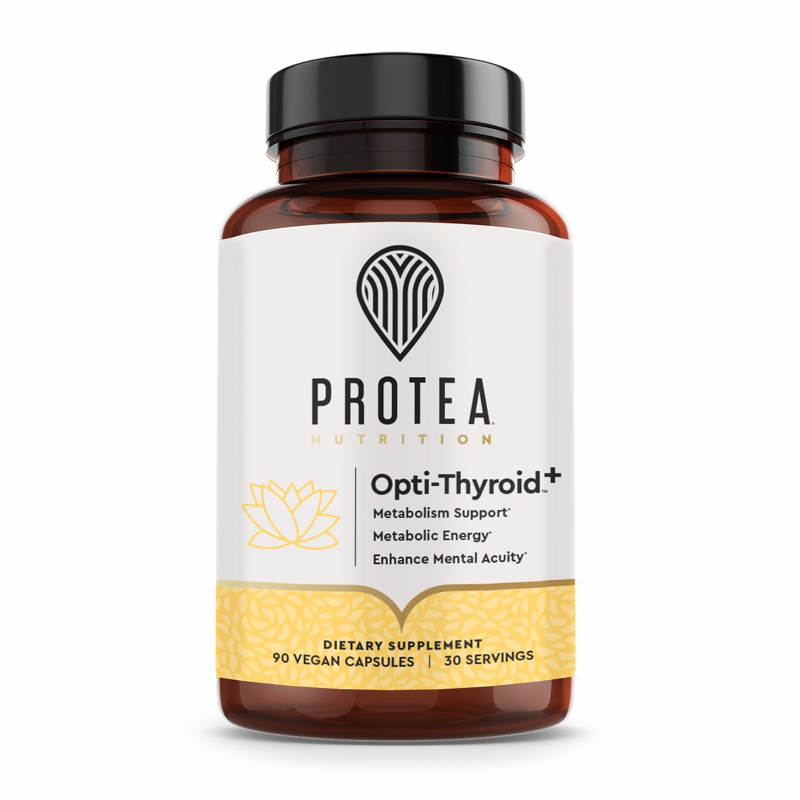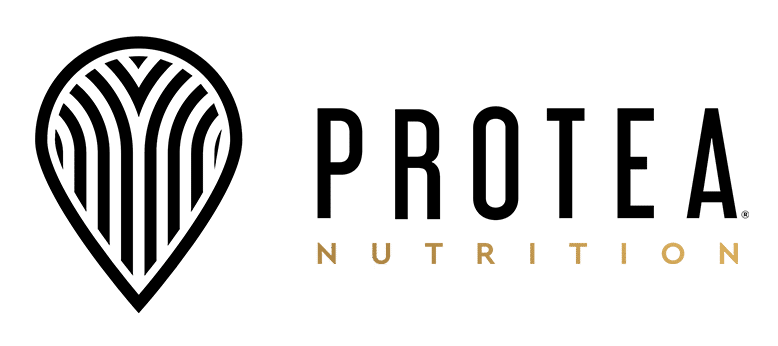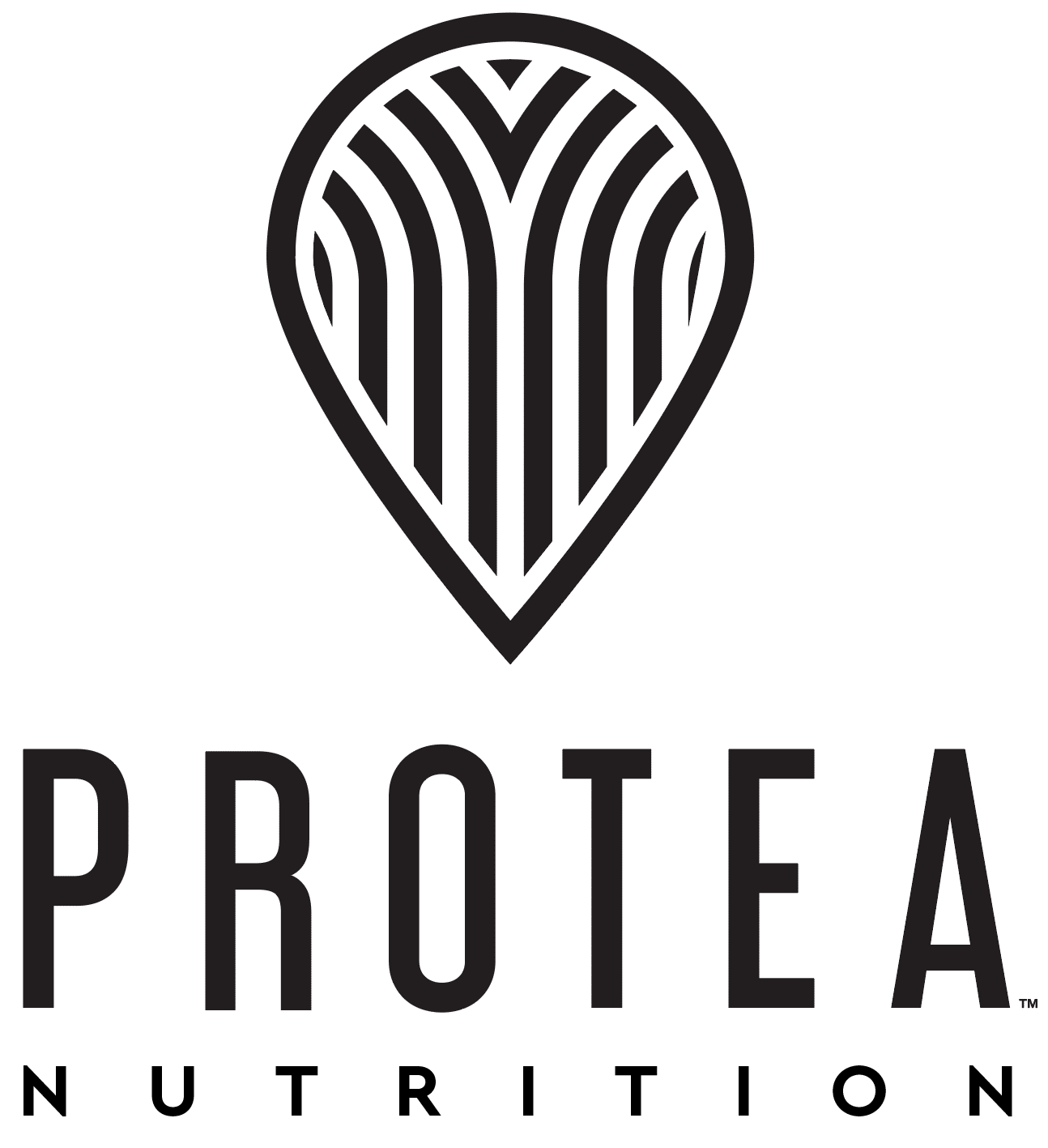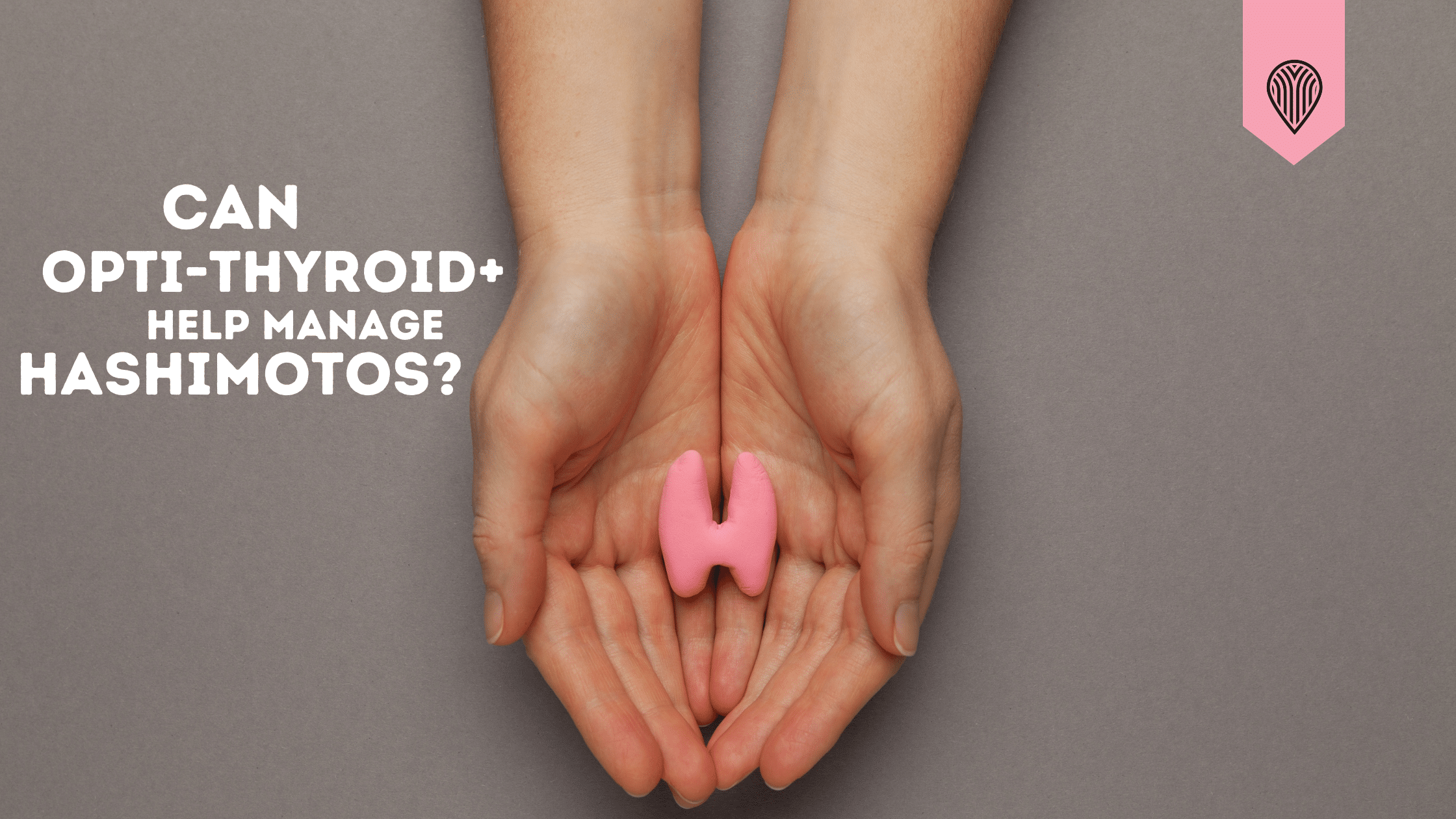Hashimoto’s disease, or Hashimoto’s thyroiditis, is an autoimmune disease that can cause an under-active thyroid, or hypothyroidism. Hashimoto’s disease causes the immune system to produce antibodies that attack the thyroid gland. As a result, the thyroid becomes damaged and can’t make enough thyroid hormones. Since thyroid hormones control how your body uses energy, this affects every single organ and process in the body (1). *

Many people with Hashimoto’s disease may not exhibit symptoms at first. However, as the disease progresses, they may notice signs and symptoms of hypothyroidism. These symptoms include:
Fatigue
Weight gain
Cold intolerance
Joint pain
Constipation
Dry hair and skin or thinning hair
Irregular periods or heavy periods
Interesting to note that people who suffer from other autoimmune diseases are especially susceptible to Hashimoto’s disease. These diseases include celiac disease, lupus, rheumatoid arthritis, and type 1 diabetes (1). *
If you experience any of the above symptoms or suspect Hashimoto’s disease or hypothyroidism, the only way to definitively determine if your thyroid is being impacted is to see your doctor and have blood tests done. These labs include TSH (thyroid stimulating hormone), T-4 tests (thyroxine, the main thyroid hormones), T-3 (triiodothyronine) and antibody tests (2). Depending on the outcome of these tests, you may be prescribed medication to help boost thyroid levels. However, there are dietary and lifestyle changes that can also be made to help boost thyroid production. *
Because many studies indicate that those with Hashimoto’s are more likely to have celiac disease, evidence suggests that a gluten and grain free diet may benefit thyroid production. In addition, in a study of 83 women with Hashimoto’s disease, 75.9% were diagnosed with lactose intolerance. Cutting out dairy may also help to improve thyroid function (3). Dairy is also highly processed and often filled with sugars and artificial ingredients which can disrupt the gut. This stress on the gut and the body further compounds the strain on the thyroid and can make symptom of Hashimoto’s worse. *
There is some evidence that shows that soy can also harm thyroid function, so avoiding soy may also help improve symptoms (3). *
Several supplements may also help lower inflammation and thyroid antibodies. Those who suffer from Hashimoto’s disease are also likely to be deficient in these nutrients which means supplementing may be necessary. These supplements include selenium, zinc, vitamin D, B complex vitamins, magnesium, iron and n-acetyl cysteine.

With Hashimoto’s disease and hypothyroidism treatment, the goal is to reduce inflammation. Inflammation can be caused by stress (both physical and emotional), infection, food, lack of sleep, lack of exercise, too much exercise, gut problems, autoimmunity, anxiety/depression, and environmental toxins.
In one study (4), the researchers found that supplementing with n-acetyl cysteine or NAC helped to increase glutathione levels in the body. This was significant because glutathione reduces inflammation and helps protect the thyroid gland from damage due to inflammation. Glutathione can be taken supplementally and/or ingested through food. *
In addition, supplementing with amino acids can also help improve thyroid function. Of special importance is L-tyrosine, which is one of the raw materials needed to make thyroid hormones (5). We get amino acids through protein in the diet. When we don’t eat enough of it or don’t absorb it well, we become deficient in amino acids. Interesting to note that a deficiency in amino acids can result in a range of symptoms also associated with Hashimoto’s disease. In fact, poor protein absorption is a common condition in those with Hashimoto’s disease due to the body’s metabolism slowing down. As a result, supplementation may help improve Hashimoto’s symptoms. *
In one study, the patient suffered from hypothyroidism caused by deficiency of amino acids while on a protein and calorie restricted diet. When the patient’s diet was altered to include supplementation of amino acids, they saw an increase in the T4 and T3 thyroid hormones levels and a decrease in TSH (6). *
For these reasons, the amino acid and vitamin deficiencies were evaluated as characteristic of Hashimoto’s disease and hypothyroidism. As a result, they were researched, considered, and included when formulating our thyroid support supplement, Opti-Thyroid+. Opti-Thyroid+ is a dynamic formula for a healthy thyroid gland and metabolism. This unique blend optimizes thyroid secretions for an efficient metabolic response. It includes zinc, iodine, selenium, B vitamins, l-tyrosine, l-cysteine hydrochloride, as well as l-glutamine and l-glycine for gut health and inflammation. *
*These statements have not been evaluated by the Food and Drug Administration. This product is not intended to diagnose, treat, cure, or prevent any disease.






